The gardening jobs to enjoy with secateurs in one hand — and a glass of wine in the other
Gardening does need hard work, says John Hoyland — but not all the time.

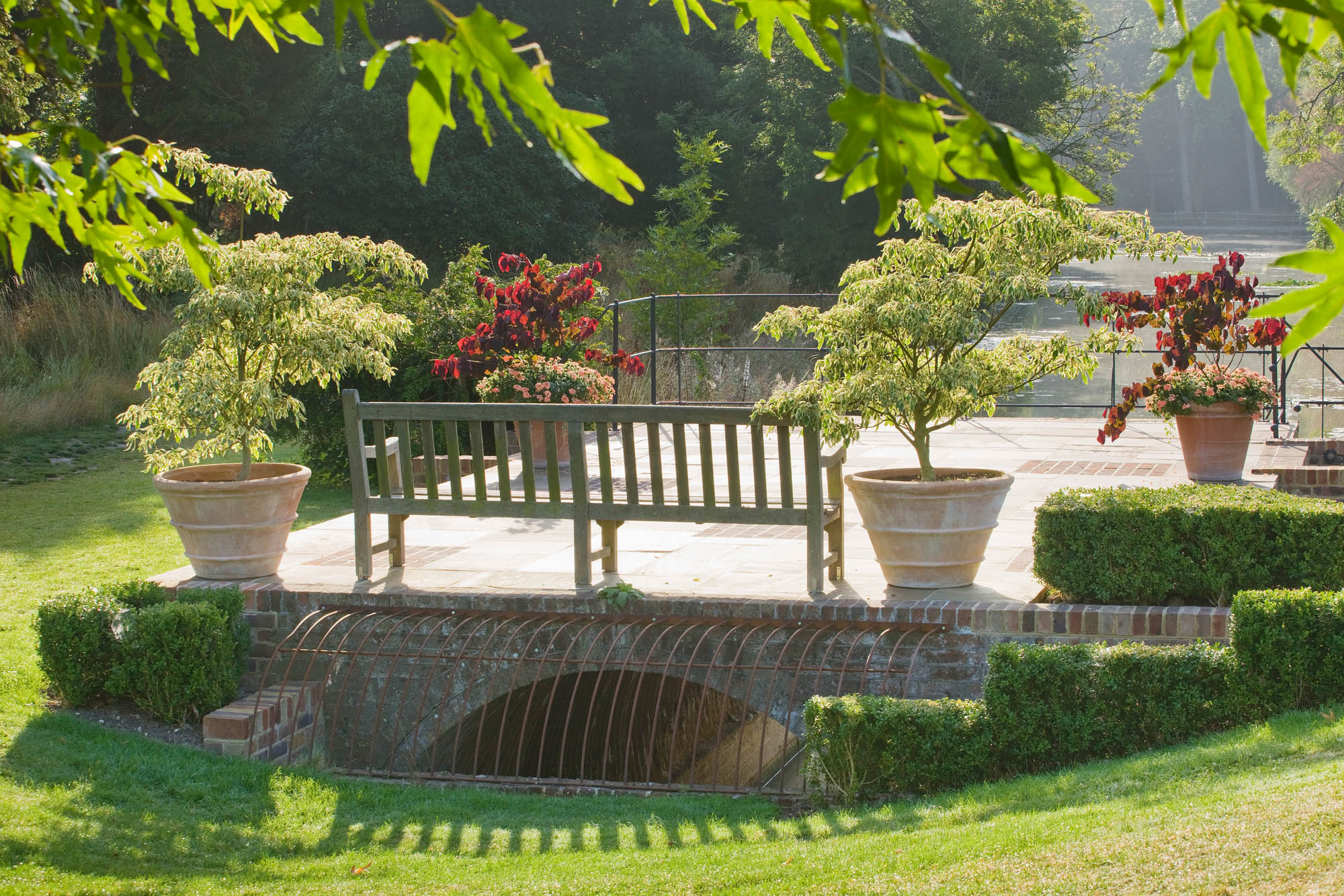
Exquisite houses, the beauty of Nature, and how to get the most from your life, straight to your inbox.
You are now subscribed
Your newsletter sign-up was successful
Professional gardeners like to assert that there is never a quiet time in the garden, that even at the height of summer and in darkest winter there is plenty of work to do. I can testify that this is often true: I am witness to the hard work that the gardeners at Glyndebourne put in year round to ensure pristine, flourishing gardens.
But, at home, I garden for my own contentment, not for others, and I know that, thankfully, there are times of the year when I can relax and enjoy myself.
The only job I do conscientiously through the summer is the deadheading. It is a great source of pleasure to remove spent flowers and imagine the new blooms that will soon appear. It is a job without the pressure of a deadline that can be done any time, even one-handed and with a glass of wine in the other hand.
Deadheading the pelargoniums is particularly satisfying, especially the blousy regal types. Shorn of their spent flowers, they are dismal plants, but I know that they will soon be once again ridiculously flamboyant. The way that they bounce back in such a short time, looking perkier than ever, always feels miraculous.
Most annuals and perennials respond well to deadheading. The deep-blue spires of Salvia nemerosa ‘Caradonna’ have looked gorgeous for weeks, attracting masses of bees. I have large drifts of them that weave through orange geums and, later, tiger lilies. By the end of the summer, however, the flower spikes are bare and unsightly.
A specialist salvia grower once advised me to prolong the flowering by cutting each dead stem back to a lower emerging bud. This is very good, textbook advice for an attentive gardener who has patience, time and stamina — qualities that, at another time of year, I can muster, but, right now, I want to relax, so I get rid of the stems by bunching up a handful of them at a time and cutting them off with long-bladed snips at more or less the place where they are re-sprouting. They look a bit straggly for a week, but soon cheer up. I did try cutting them down with shears, but that was too brutal and they took some time to recover.
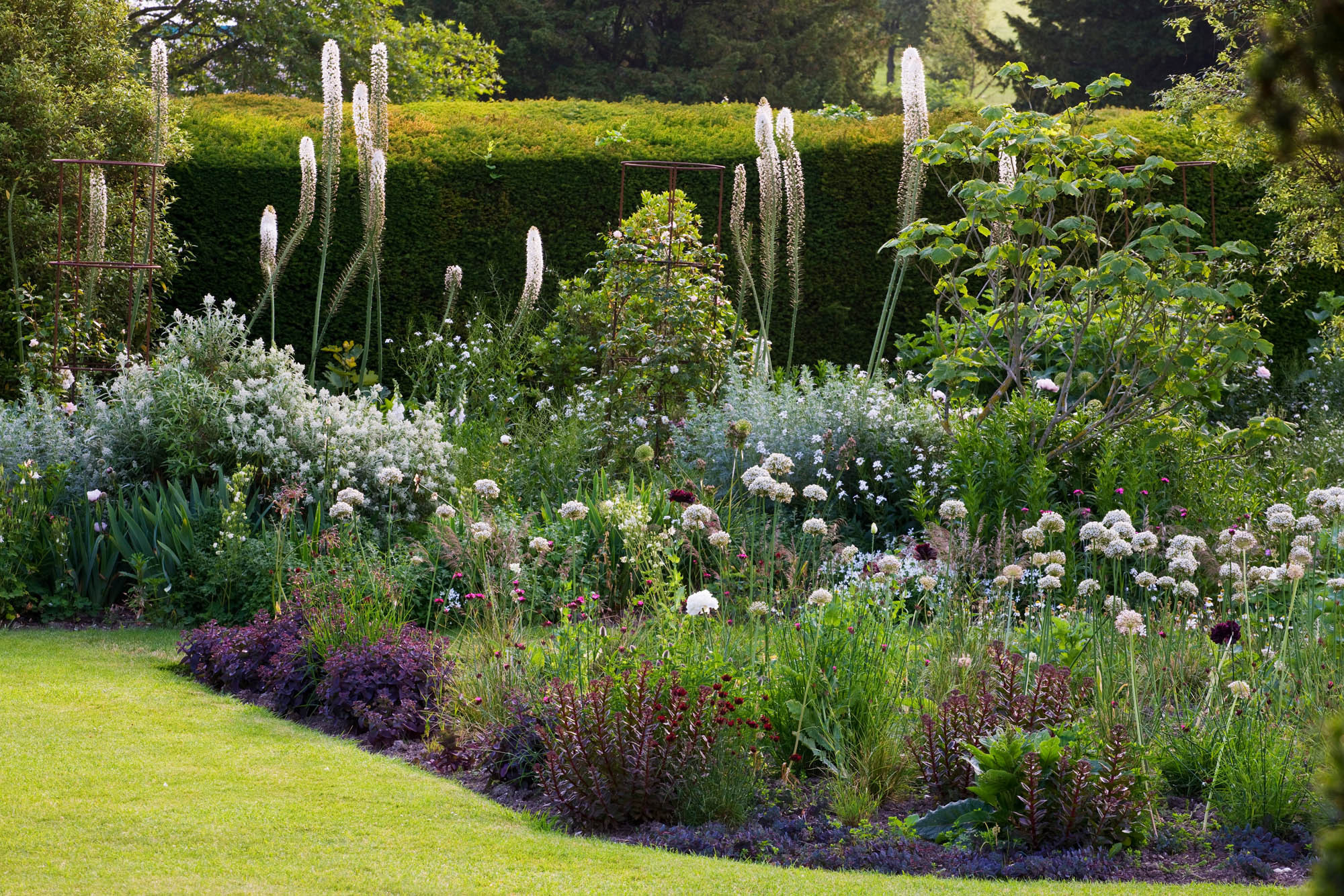
However, I will use shears on the nepetas, which are also now beginning to sprawl. This is the second time this year that they will have been shorn: earlier, in May, I cut them down to about 9in tall to encourage compact, sturdy plants (‘the Chelsea Chop’) and now I will reduce them by about half. This second trim will ensure that they look smart until the frosts arrive and meanwhile produce a few late flowers.
Exquisite houses, the beauty of Nature, and how to get the most from your life, straight to your inbox.
Deadheading the roses is a far more sedate activity. I used to prefer seeing tidy plants and, apart from those that I grow for winter hips, I would deadhead all the roses — even those that do not re-flower. Nowadays, I am much more relaxed about a bit of untidiness and tend to leave the spent heads of the one-time flowering varieties to die back naturally.
The only shrubs I deadhead are the buddleias. Post-flowering, they are extremely ugly. The couple of white forms in the garden are handsome when all the pristine flowers are glowing in the evening light or covered in butterflies and bees during the daytime, but, as soon as the flowers turn, the whole plant looks grubby and the only way to improve it is to take the shears to it. An earnest friend will scold me for not leaving the seeds for the bullfinches, but there is plenty of other food in the garden for them and all the other seed-eating birds and I can do without masses of buddleia seedlings colonising the borders.
I like to do the deadheading myself; it is one of the easier, more relaxing jobs — together with pulling out weeds after a rain shower, when they offer little resistance.
I’ve noticed that visiting friends, often non-gardeners, like to think that they can be helpful around the garden by joining in on the deadheading. I discourage anyone from lending a hand in my garden.
As do most gardeners, in my garden I like to control how and when things are done. An over-eager guest once, unasked, deadheaded the dahlias, diligently removing all the fat buds and leaving behind the spent flower husks, robbing me both of flowers and also, more importantly, the immense pleasure of slowly and gently doing the job myself.
John Hoyland is gardens adviser at Glyndebourne, East Sussex
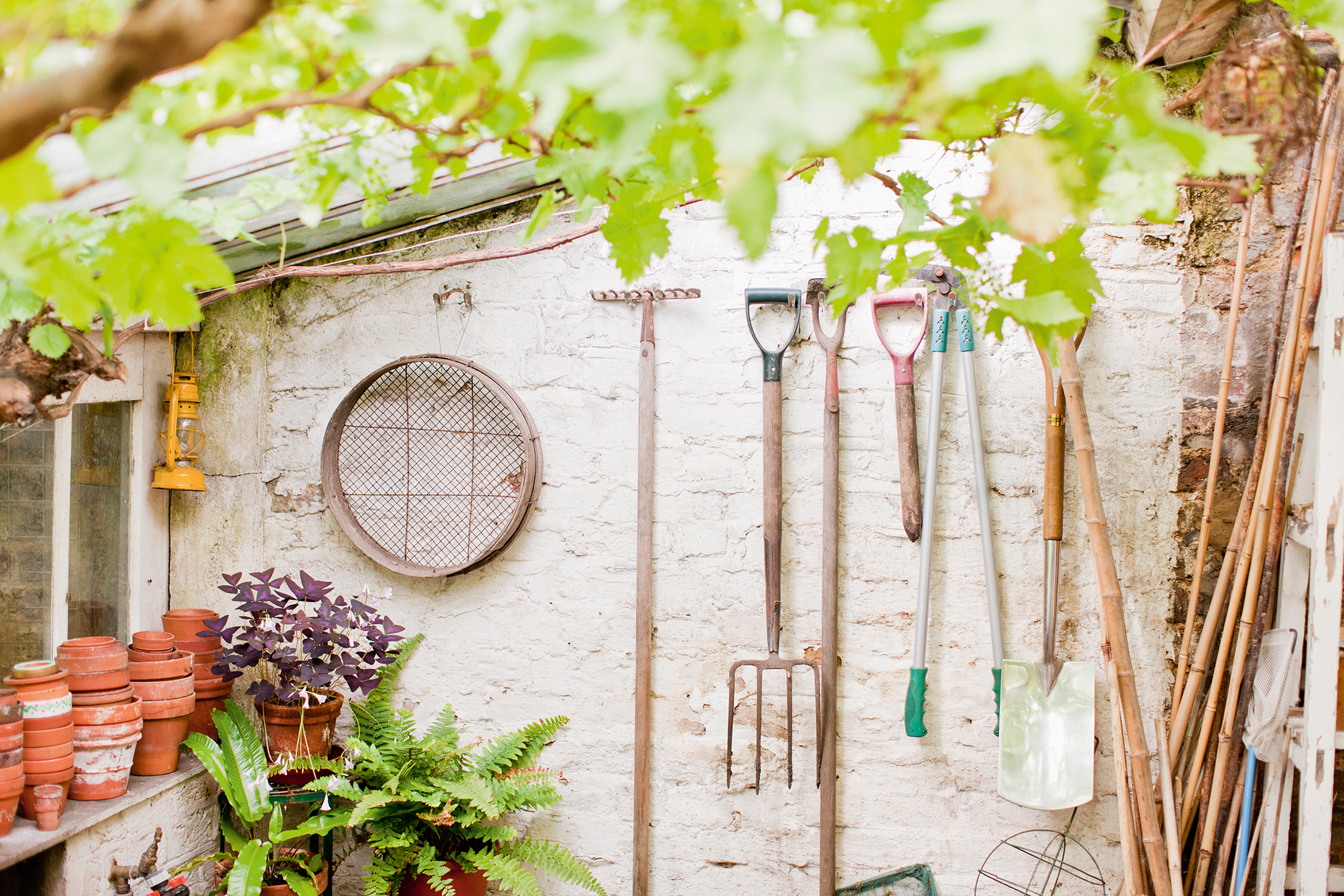
Credit: Getty Images
John Hoyland: The only garden tools you'll ever need
You can easily blow your gardening budget buying tools for all sorts, says John Hoyland, but don't be fooled: a
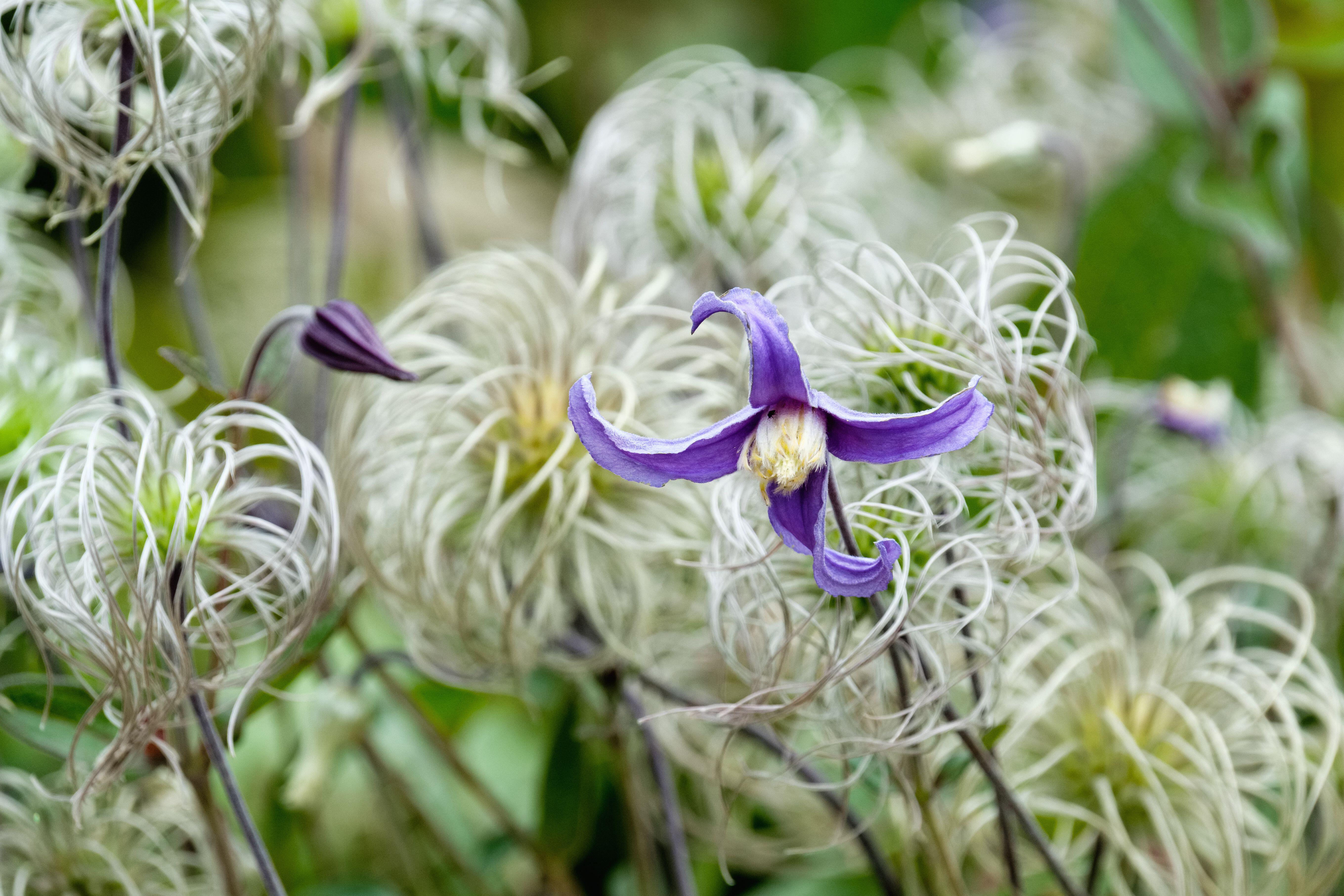
Clematis: Don't plant climbers — plant clamberers
John Hoyland, the gardens adviser at Glyndebourne in East Sussex, on clematis.
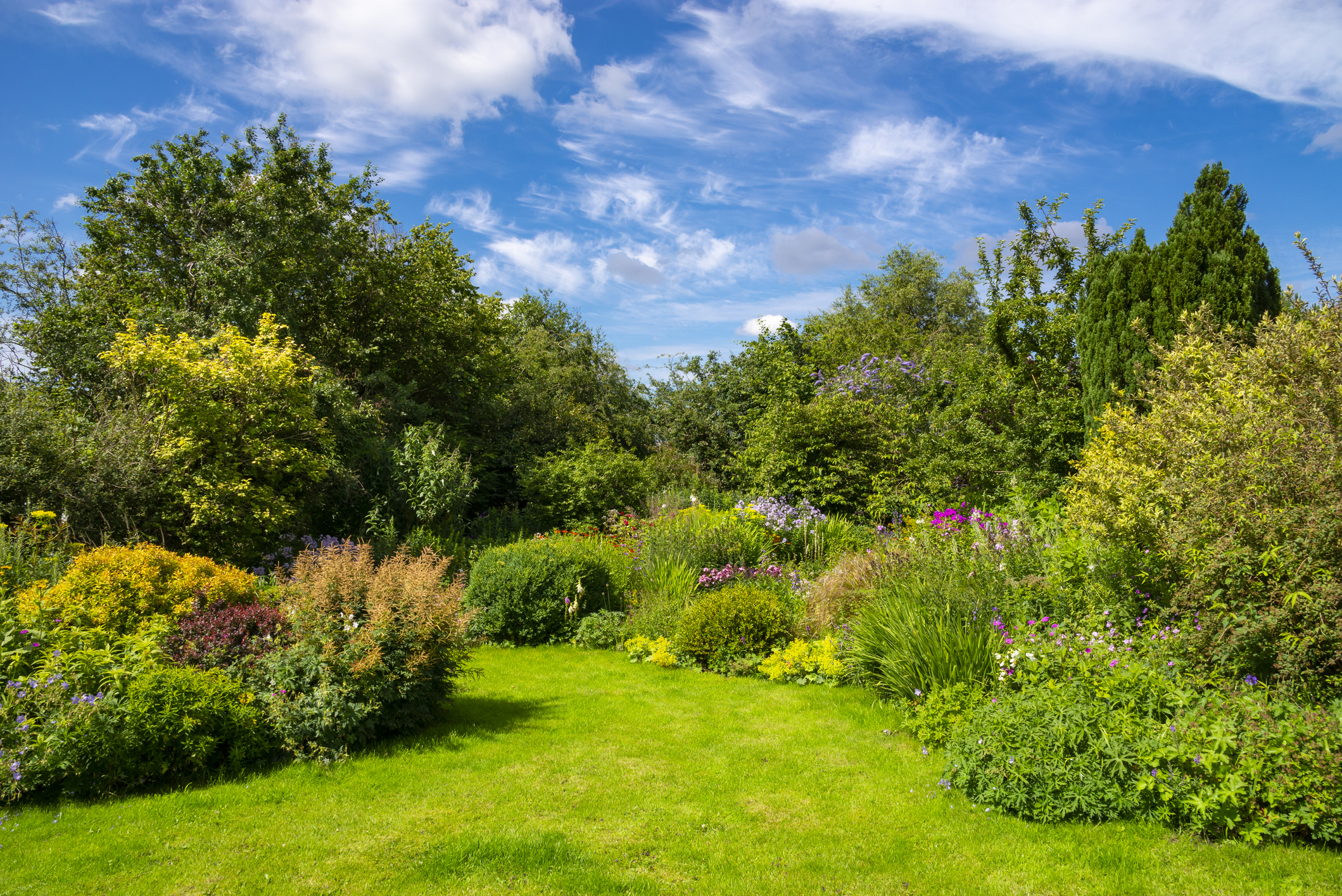
Credit: Getty
I'm planting a shrubbery and my gardening friends are horrified — but I'll have the last laugh
Some gardeners may scoff at the idea of planting a shrubbery, but not John Hoyland.
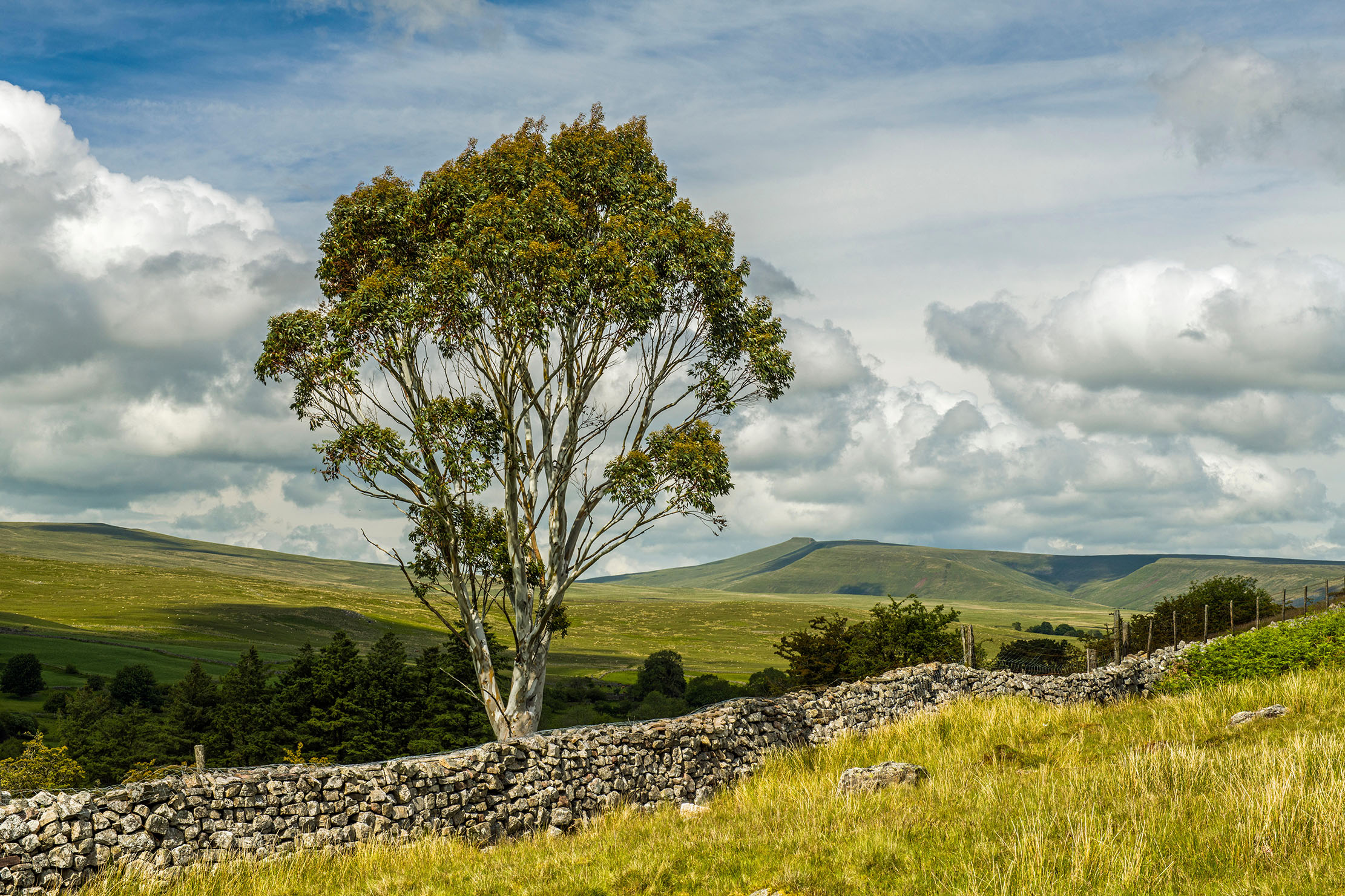
Credit: Alamy Stock Photo
John Hoyland: The tree planting blunder that kicked off my long line of gardening mistakes
When it comes to trees, says John Hoyland, the more the merrier — but only within reason.
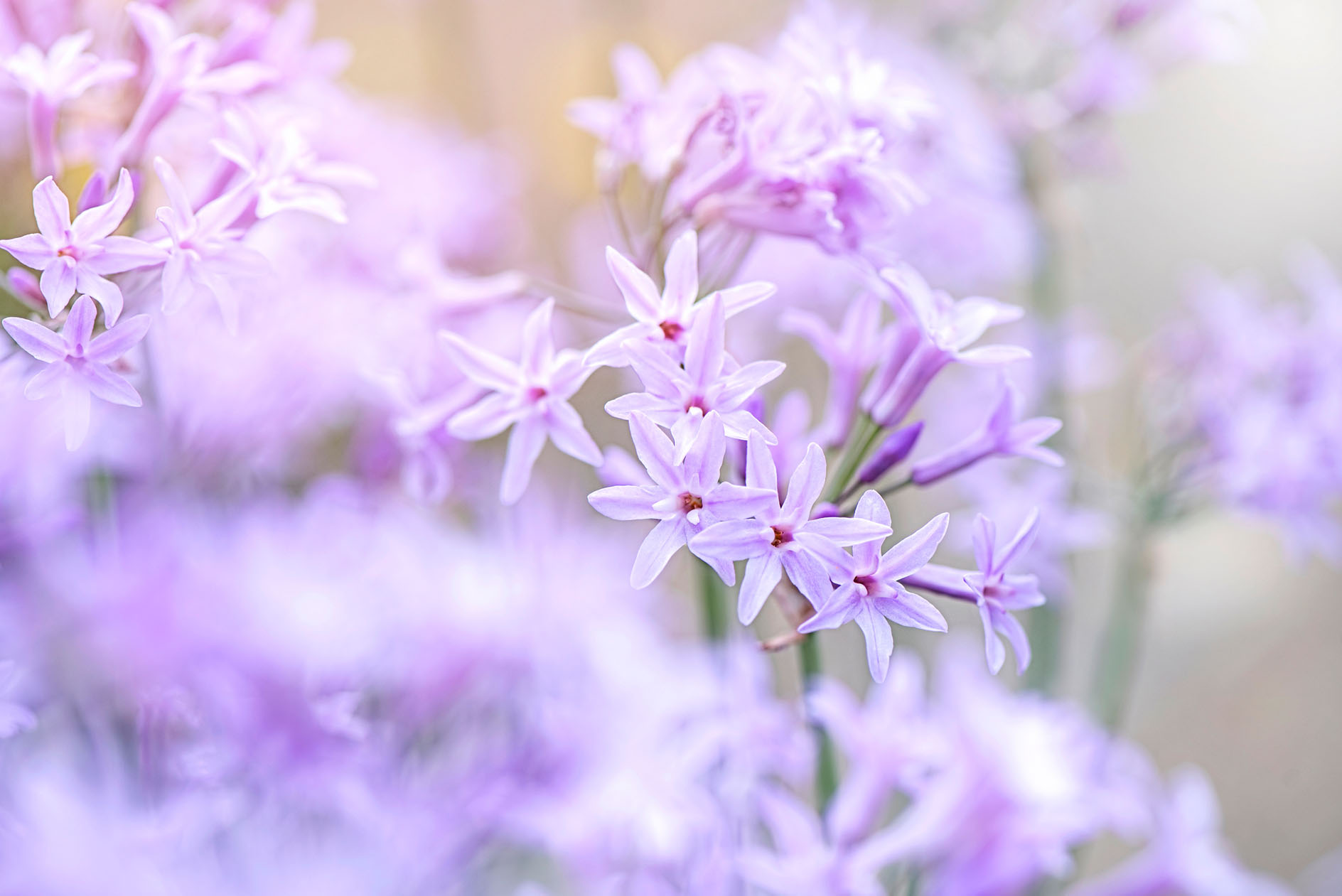
How to grow tulbaghia in a British country garden
John Hoyland, the gardens adviser at Glyndebourne, shares his advice on how to get South African favourite tulbaghia growing in
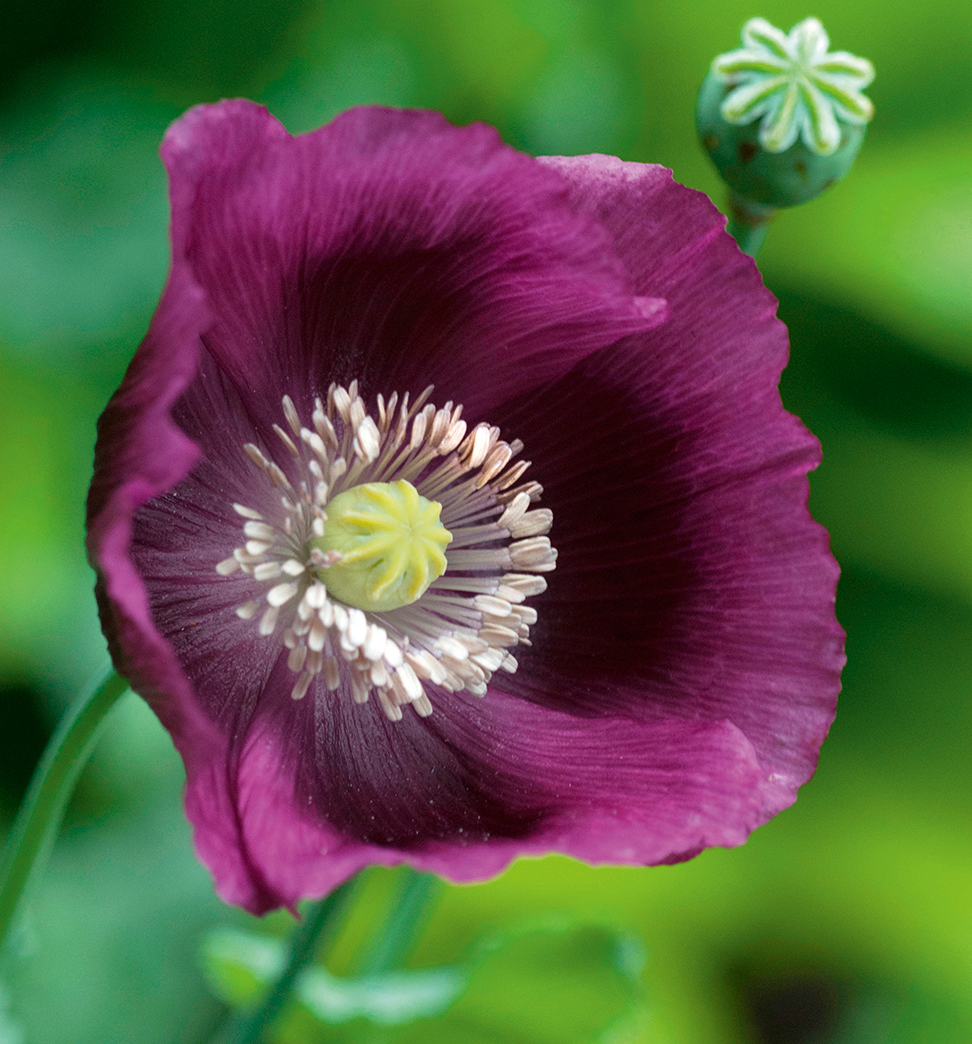
Best poppies to sow in your garden
Spread a little happiness with a sprinkle of poppy seeds. John Hoyland selects the best poppies to grow at home.
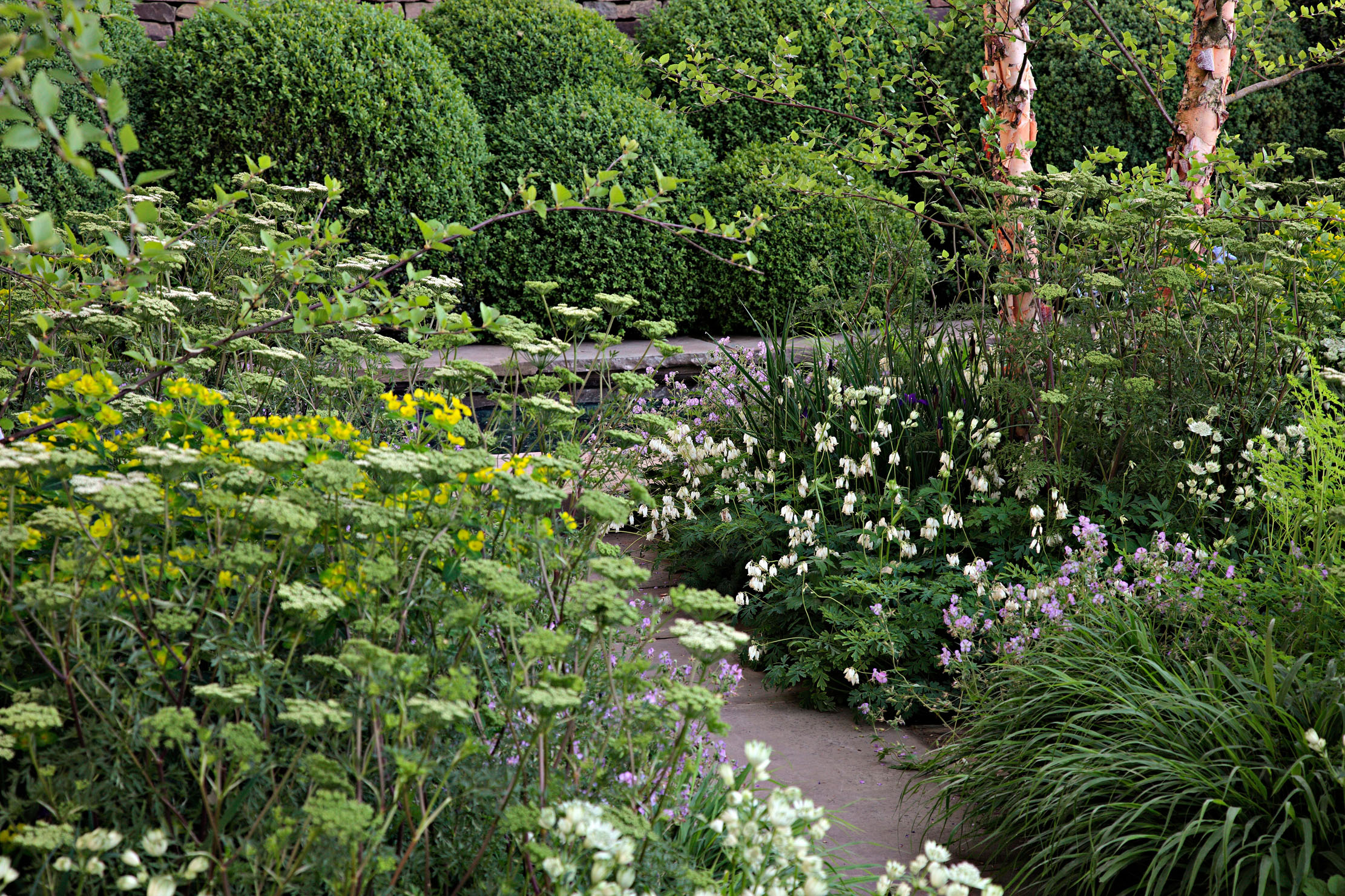
Umbellifers: The plants with 'bold structure' with soft, frothy flowers that have an ethereal quality
Their frothing flower heads and bold structure give a relaxed country feel to any garden, but John Hoyland — gardens advisor
